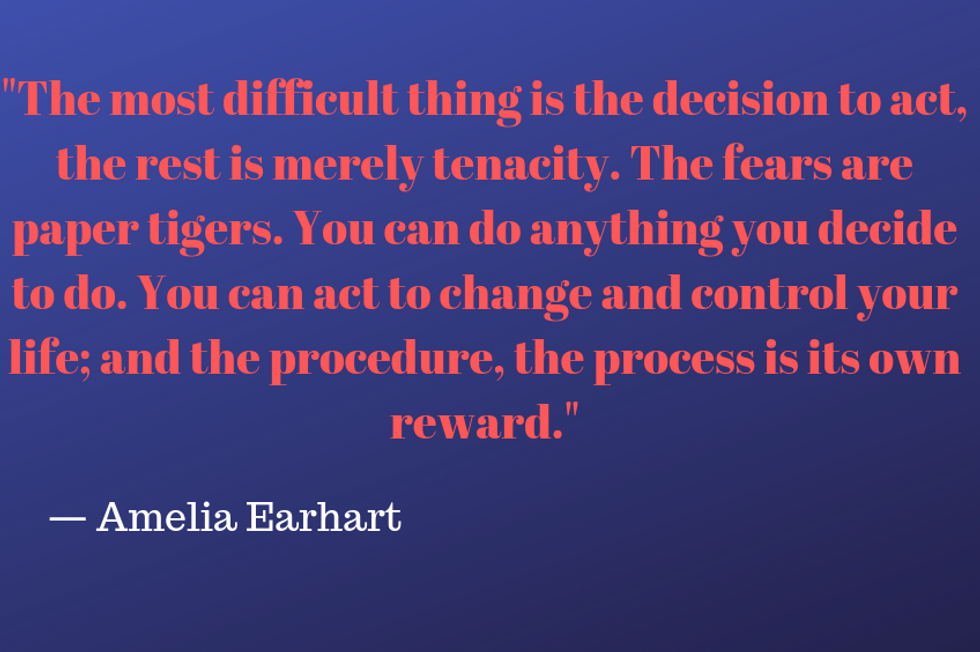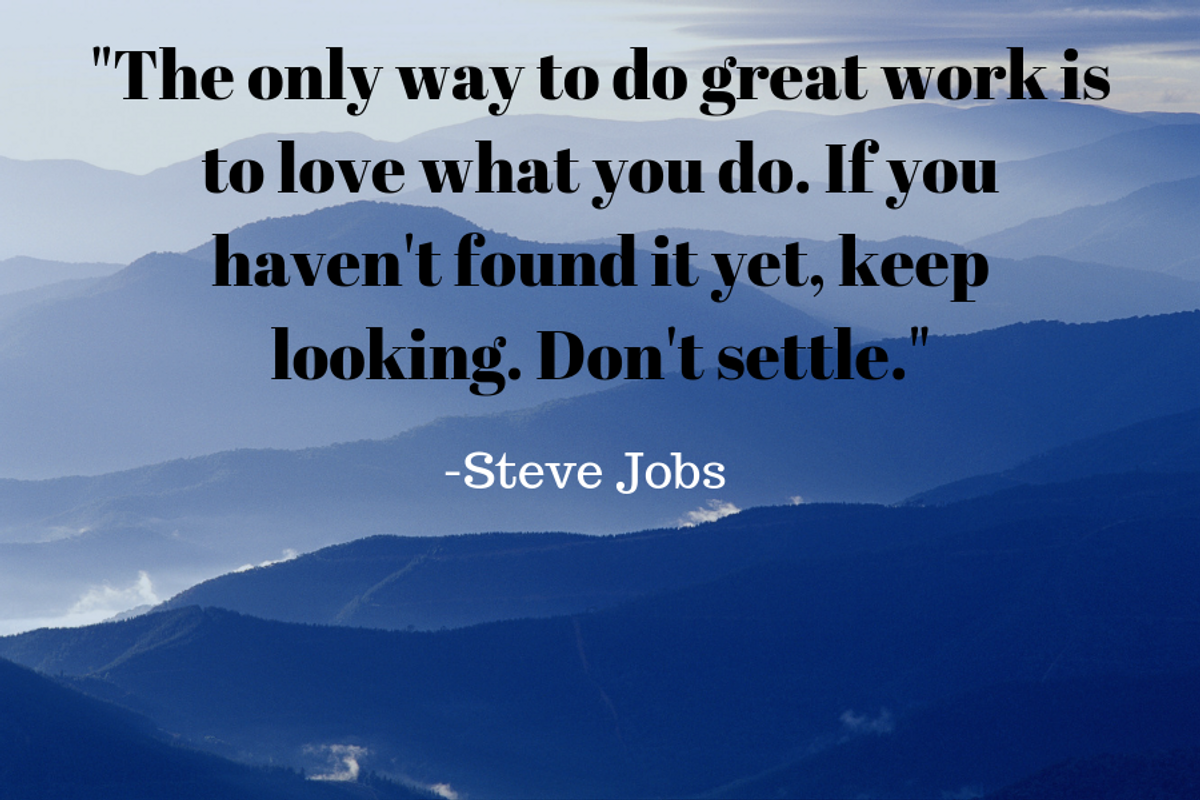3 Surprising Phone Interview Tips

Phone interviews are becoming more and more important in the job search. They are your gateway to get to the face-to-face interview. Employers try to screen candidates out with phone interviews because they need to narrow down their list of applicants to bring on site.
So, in your job search, you need to do everything you can to give yourself the edge and ace that phone interview so you can move forward in the job search process.
However, phone interviews can present some unique challenges. It can feel unnerving to not be able to see the interviewer’s face or have them see yours.
So, what can you do?
Beyond knowing great answers to phone interview questions, keeping cheat sheets in front of you, and asking questions of your own, here are three surprising tips that may help you ace your phone interview…
Look At A Picture Of Your Interviewer
Looking at a picture of the person interviewing you can help you feel more comfortable and relaxed as you answer their questions. It may even help you establish better rapport.
You can get their picture from their LinkedIn profile, which you should be looking at anyway as part of your pre-interview research. As a bonus, having their picture in front of you means that you will see them smiling at you, which may help you feel more confident too.
Look In The Mirror (Or Stay Away From One)

Some people say that looking in a mirror while you’re interviewing on the phone helps you remember to smile. Since smiling while you talk makes you sound more relaxed and confident, that could be great advice.
However, others say that looking in the mirror makes them feel incredibly self-conscious and unable to focus. I say that you should try doing both in another conversation (especially in a mock interview) and see if looking in the mirror works for you or not.
Stand Up

When you stand up rather than sit, your voice is stronger and you sound more enthusiastic and energetic. Those are both great qualities to convey to a hiring manager.
One thing to watch out for: you may be tempted to walk around while you talk, but be careful that you don’t move around too fast and get winded. That won’t communicate positive qualities for you.
Phone interviews do present some challenges, but they also provide you with some benefits because the interviewer can’t see you. Take advantage of the situation and give yourself a performance boost.
Need more help with your job search?
Become a member to learn how to land a job and UNLEASH your true potential to get what you want from work!
This article was originally published at an earlier date.




































